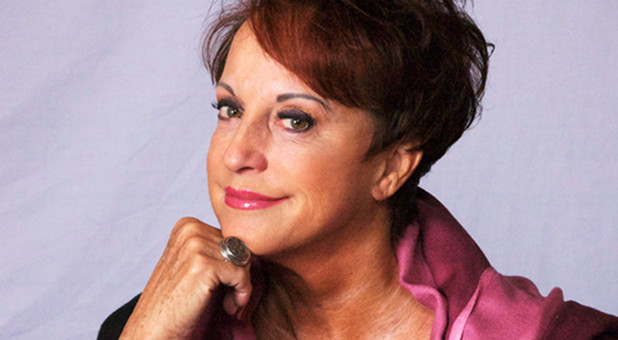How One Woman Went From a $4M Debt to Financial Freedom
So you think you’re broke! How would you like to be buried under $4.3 million of debt? “Impossible,” you say. “No one could ever get in that much debt, much less get out from under it.”
But I did, and I can tell you that getting in it was easy. I have a black belt in shopping, having refined my skills over the years at Neiman Marcus, Bloomingdales, Saks Fifth Avenue and the shops of other lucky retailers.
It’s a wonder the stores didn’t send cabs for me. My friends used to say it took only one word to describe me: MasterCard.
I’ll admit that not all that debt was mine; I had help. The debt included my former husband’s business, our house note, the car notes and the ever-popular credit card debt. The only thing that was debt-free was my business.
My husband would say: “What’s the big deal? My business is keeping up with the payments, and we’ll manage the rest.”
We may have been staying out of the poorhouse, but I knew debt was bondage. “The borrower is servant to the lender,” the Bible says (Prov. 22:7).
When I climbed out of denial, added up the numbers and saw $4.3 million spelled out on a piece of paper, I felt as if a giant hairball had been lodged in my stomach. Then the Lord showed me why one of the Scriptures I’d been confessing wasn’t working for me.
The wealth of the sinner, which the Bible says “is stored up for the righteous,” can never come into the hands of the body of Christ until we’re debt-free (see Prov. 13:22). Otherwise, it would pass right through our hands and back into the hands of the banks, mortgage companies and credit card companies.
So there I was with my mountain of debt and an unbelieving husband. Great. The only good news was that I was a tither.
God’s Economy
I’d spent decades running away from God but had surrendered my life to Him several years earlier. I ended up in a Word of Faith church, which taught the uncompromised Word of God, and I was learning about God’s biblical economics.
The Lord has a lot to say about finances—not the least of which is that He wants us to be prosperous (see 3 John 2). Why? Because, let’s face it, the lost aren’t going to fund the spreading of the gospel.
However, there’s a big gap between knowing about God’s abundant finances and living in them. Far too many Christians are living below their means, below what God promised and Jesus paid the price for them to enjoy. They’re broke, living paycheck to paycheck, burdened by debt and unable to get ahead.
Yet one of God’s promises to us is that we can live according to 2 Corinthians 9:8: “And God is able to make all grace (every favor and earthly blessing) come to you in abundance, so that you may always and under all circumstances and whatever the need be self-sufficient [possessing enough to require no aid or support and furnished in abundance for every good work and charitable donation]” (The Amplified Bible).
Does that sound like broke to you? Not to me, either. Then why the discrepancy between the promise and the financial reality of the body of Christ? Because too many of us are delivered but not free.
God delivered us from the bondage of lack and debt when we received salvation. He delivered us from the “power of darkness and conveyed us into the kingdom of the Son of His love” (Col. 1:13, NKJV).
In the New Testament, one of the Greek words for “saved” is sozo. According to Strong’s Exhaustive Concordance of the Bible, it means more than just the salvation of your soul; sozo also means “deliver, protect, heal, preserve, do well … be (make) whole.”
So if we were delivered from lack at the same time we made Jesus the Lord of our lives, why are so many Christians struggling? Author Myles Munroe, in his book, The Burden of Freedom, offers this explanation: “Deliverance is not the same as freedom.
“Deliverance is release from the oppressor, but freedom is deliverance from oppression. In essence, it is possible to be delivered and not to be free.”














































